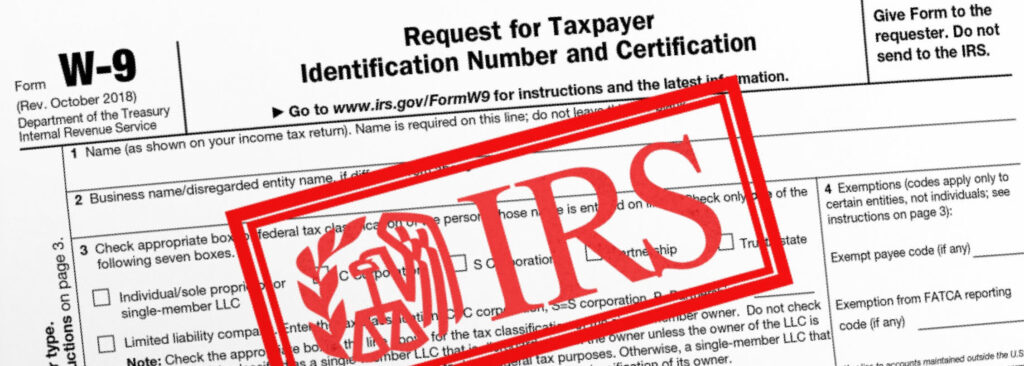Owing lots of federal tax at the year-end because of your RSUs?
Need to know where you stand during the tax year if interested in buying a home or other investments?
What tax strategies can be applied to your stock options?
Stock option compensation is complex and possibly convoluted! If we could rely 100% on company issued documents and then the proverbial, computer could at least at least file the returns. But we are not there yet.
In this article we will outline some of the following:
-Goal and purpose of RSU related compensation projections
-RSU planning and important understanding points
-Typical needs list
-General methodology
Disclaimer: This article is designed to tackle typical client needs, opportunities, and provides a road map of talking and service opportunities (aka paying a qualified CPA). This is educational content and not intended as legal or tax advice. Pay a pro!
Goal and purpose of RSU related compensation projections
-Penalty avoidance
-Knowing when any tax is due
-Figuring out “where you stand” or rather, what liabilities may be brewing in the background
-Planning
RSU planning and important understanding points
-How RSUs “flow” through compensation or “the W-2”
-Once RSUs are received what does it mean to sell them
-Why sell them right away or keep them?
Not tax advice – just generic educational perspective. Read this far? Get in touch:
Typical needs list (Generally)
Avoid information overload! This hurts the process. First the foundation must be laid prior to building. Or in our world there must be a basic projection in place on what has and will automatically happen before the planning / advising – aka – what if scenarios.
Document 1(s): The prior year tax return(s)
Why? This is context for what is going on and will help determine when you are required to make any tax payments, either in the now timeframe or April 15
Tips? When securely securing the document take of password protection or put the password in the descriptive title.
Document(s) 2: All paystubs for the year in the “Paystubs” folder
Why? The most recent one will be the year to date paystub which is the most accurate accumulation of total wage to date and tax withholdings. Other paystubs will serve to outline withholding issues that relate to the RSU compensation or in general. These stubs create in “info bank” that we can draw upon to make an educated guess on what is to happen for the rest of the year.
Tips? Descriptive titles such as 2019-9-1 RSU release, 2019-9-15 Bonus comp, 2019-10-31
Document(s) 3 (if applicable): Unrealized gains and loss report on stock portfolio (not un-exercised option)
Why? If you have stock holdings that have increased or decreased in value there could be tax planning to do – especially if you want to sell stock.
Tips? Call your custodian (e-trade etc…) and have them assist you in getting this. This is on stock that you owned (Released RSUs)
Client Estimate 1: Total annual compensation breakdown including base salary, bonus, RSU compensation, everything else, and a grand total estimate
Why? This way we can arrive a total figure and use the breakdown to estimate what can be fluctuating withholding.
Tips? Use round numbers and ignore the immaterial. $10K on $250K of total comp for this type of projection is not an issue. Pick a rounded stock price if you are guessing on what the RSU comp might be in the future.
Client Estimate 2: Material income items such as interest, dividends, gains on sale of stock, gains on other sales, and any other taxable income
Why? We are adding taxable income to the projection.
Tips? Use round numbers and unless you need significant support avoid the information overload
Client Estimate 3: Deductions such as mortgage and charity.
Why? We are adding deductions to the projection.
Tips? Use round numbers and unless you need significant support avoid the information overload
Some example questions / requests
Please do provide (ideally with a date and descriptive title) your additional paystubs to date in your folder
Please also do provide for 2019 your annual estimate for:
-Regular comp:
-Bonus comp:
-RSU comp:
-Other comp:
-Any ISO exercise and hold:
What do you expect as far as 2019:
-Short-term capital gains?
-Long-term capital gains?
-Very general interest income estimate?
-Very general regular dividend estimate?
-Very general qualified dividend estimate?
-Any other income / new stock grants / things we should know?
-Rounded mortgage interest?
-Rounded total charity estimate?
In Conclusion
Most RSU compensation employees are pretty good at something and can understand the basics. But it takes a bit of time. Allow us to build your foundation with you so that we can move you up our Gillingham CPA hierarchy from getting things done after the fact to tax advisory.
Gillingham is a CPA that works at Gillingham CPA and writes occasionally in the third person with the less occasional sardonic voice.



